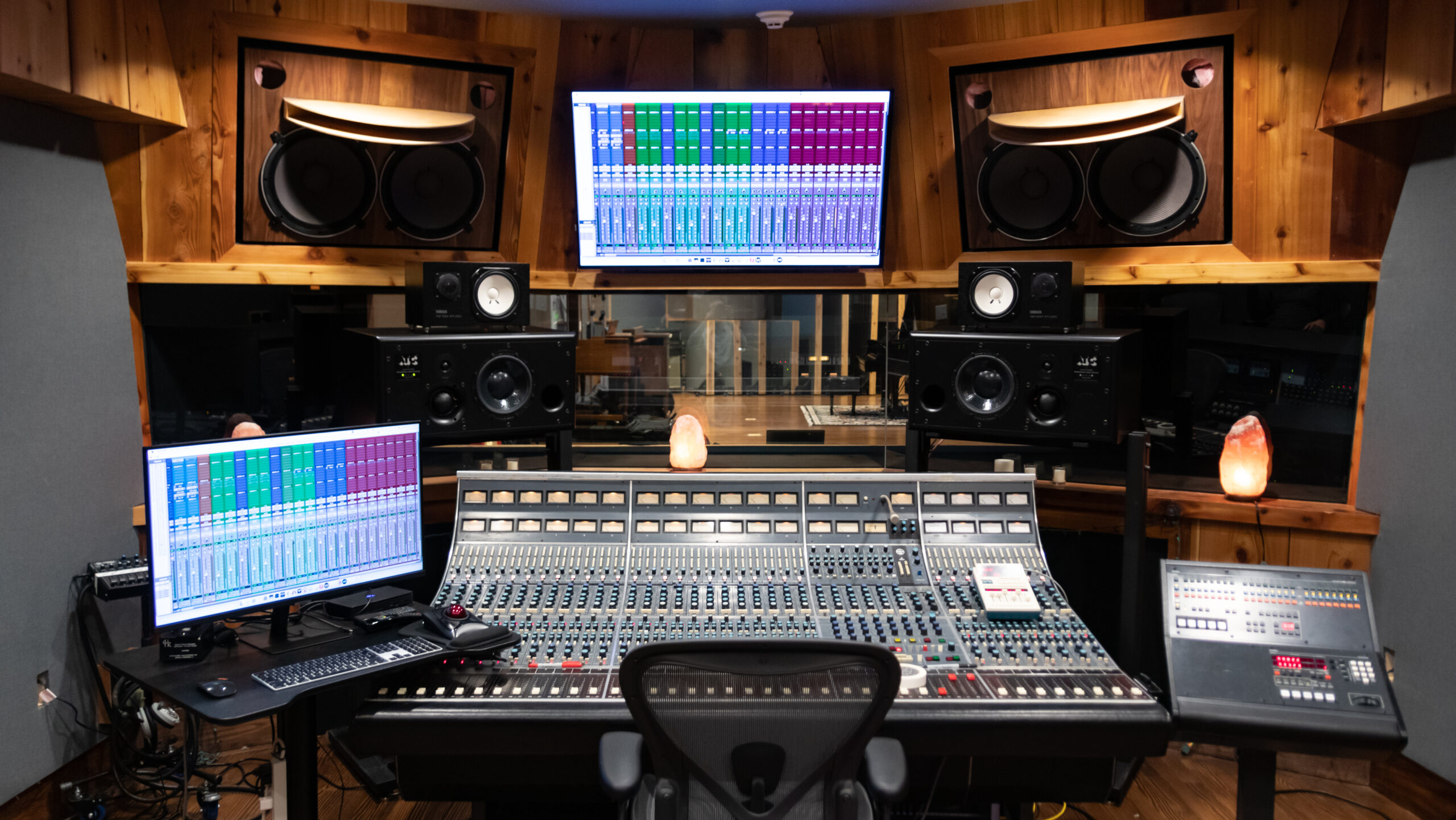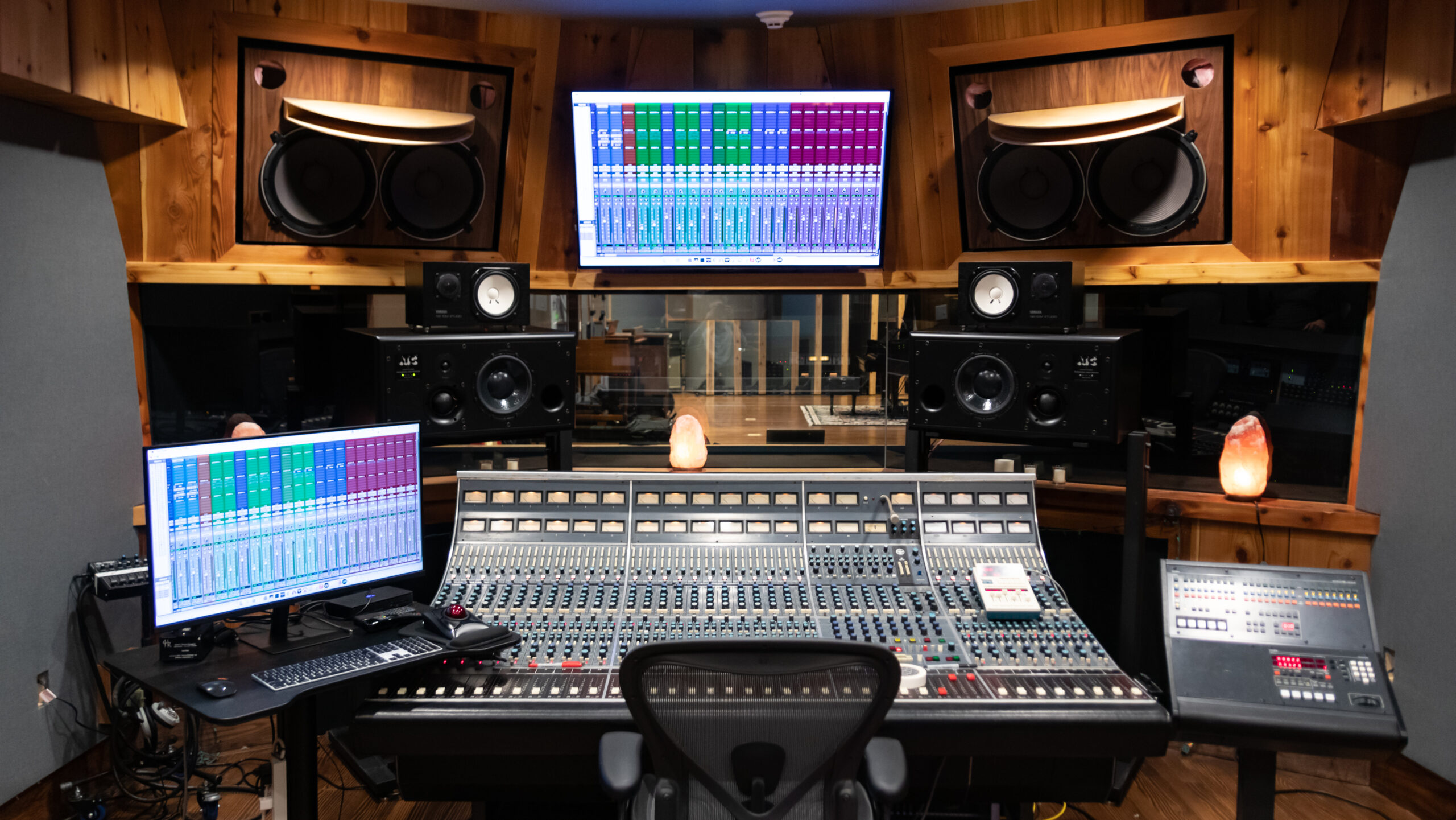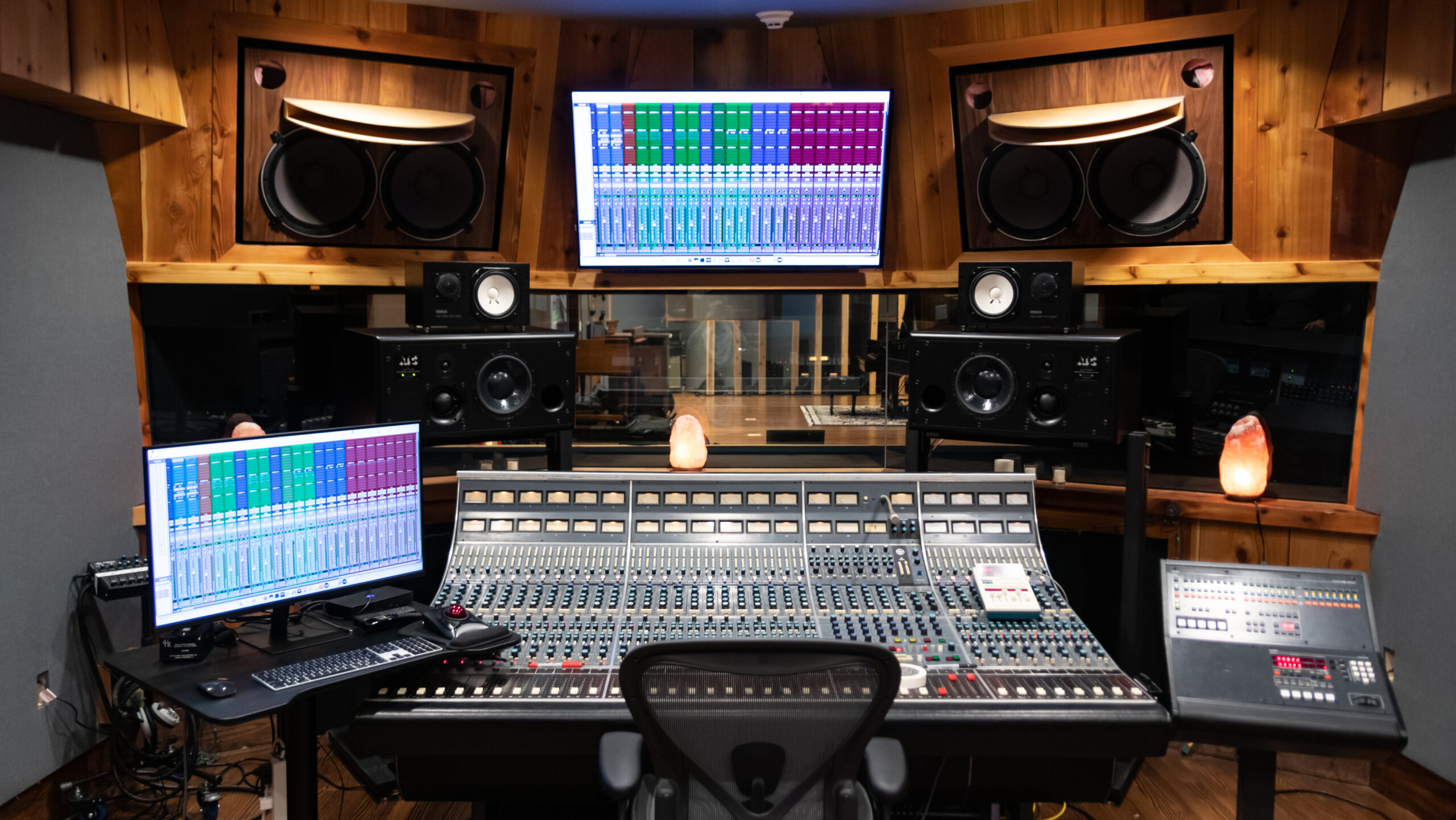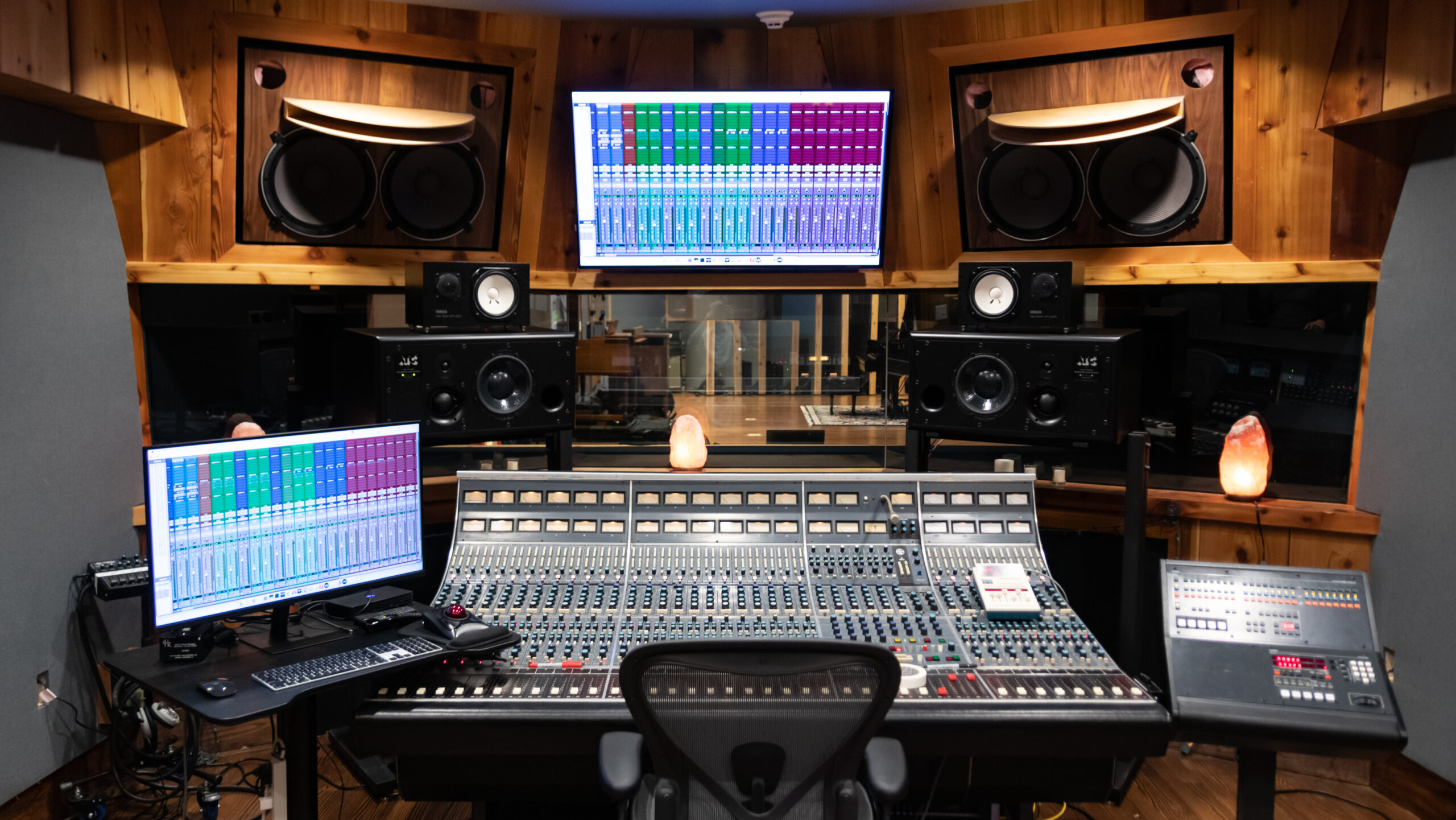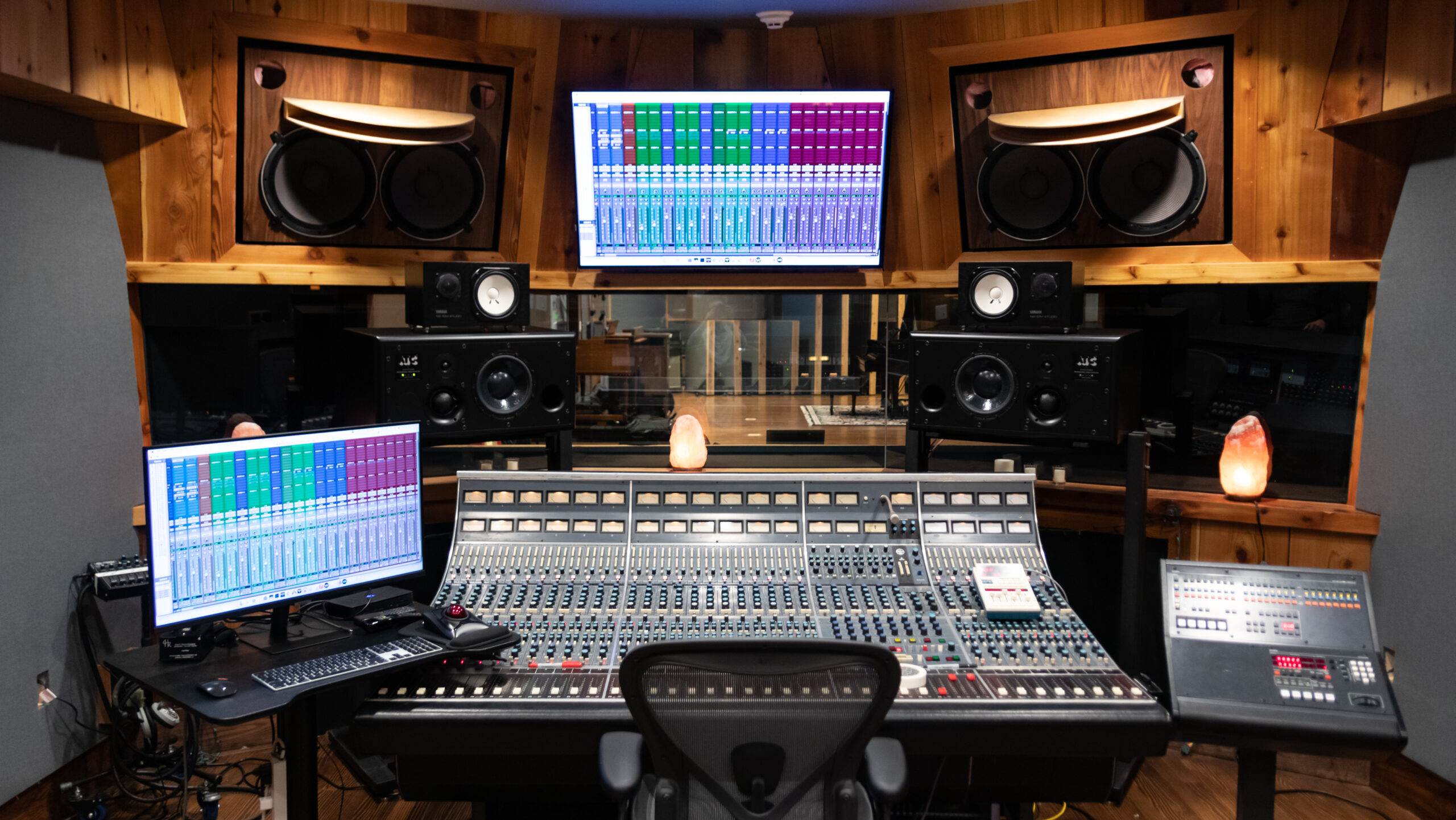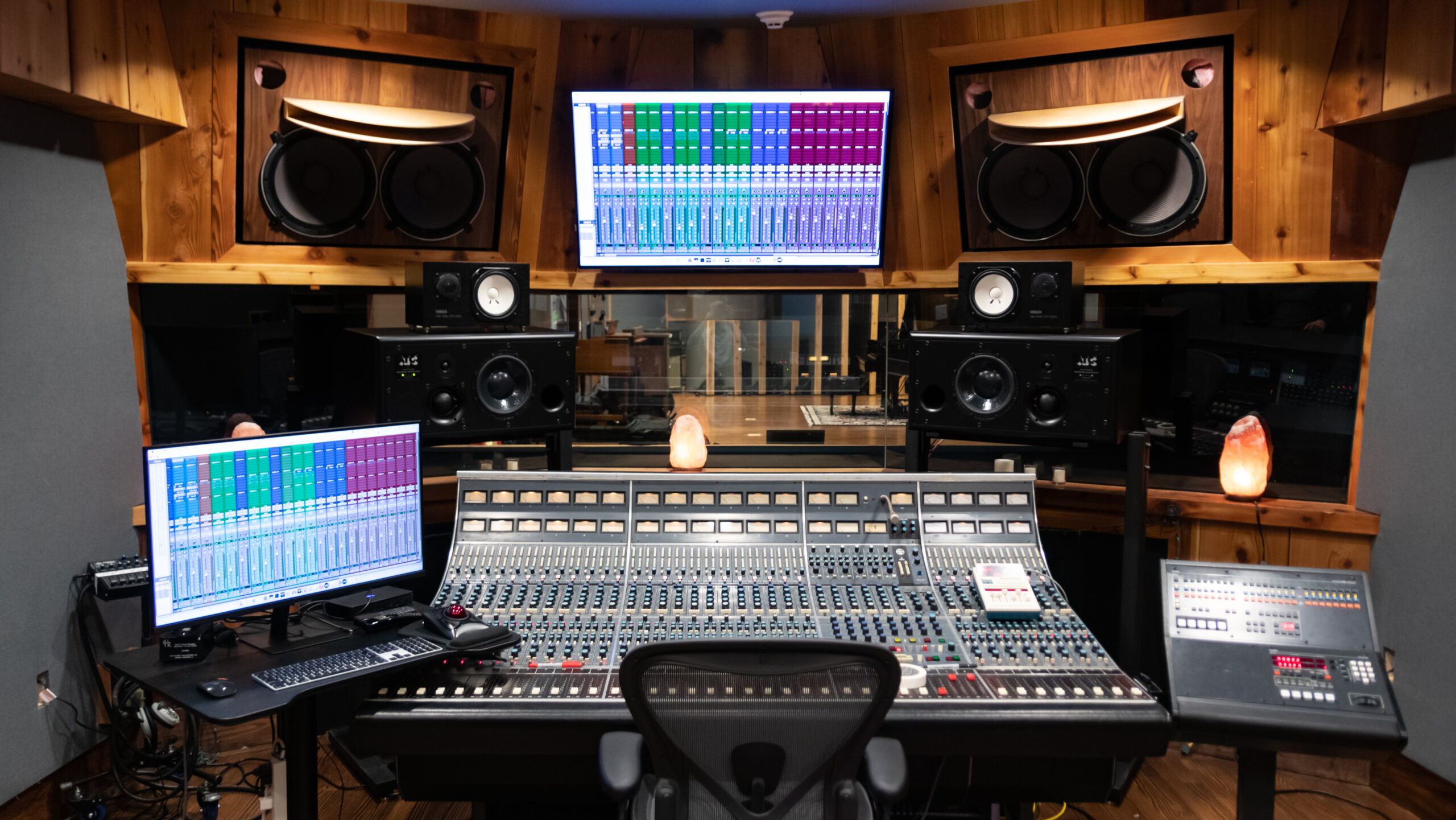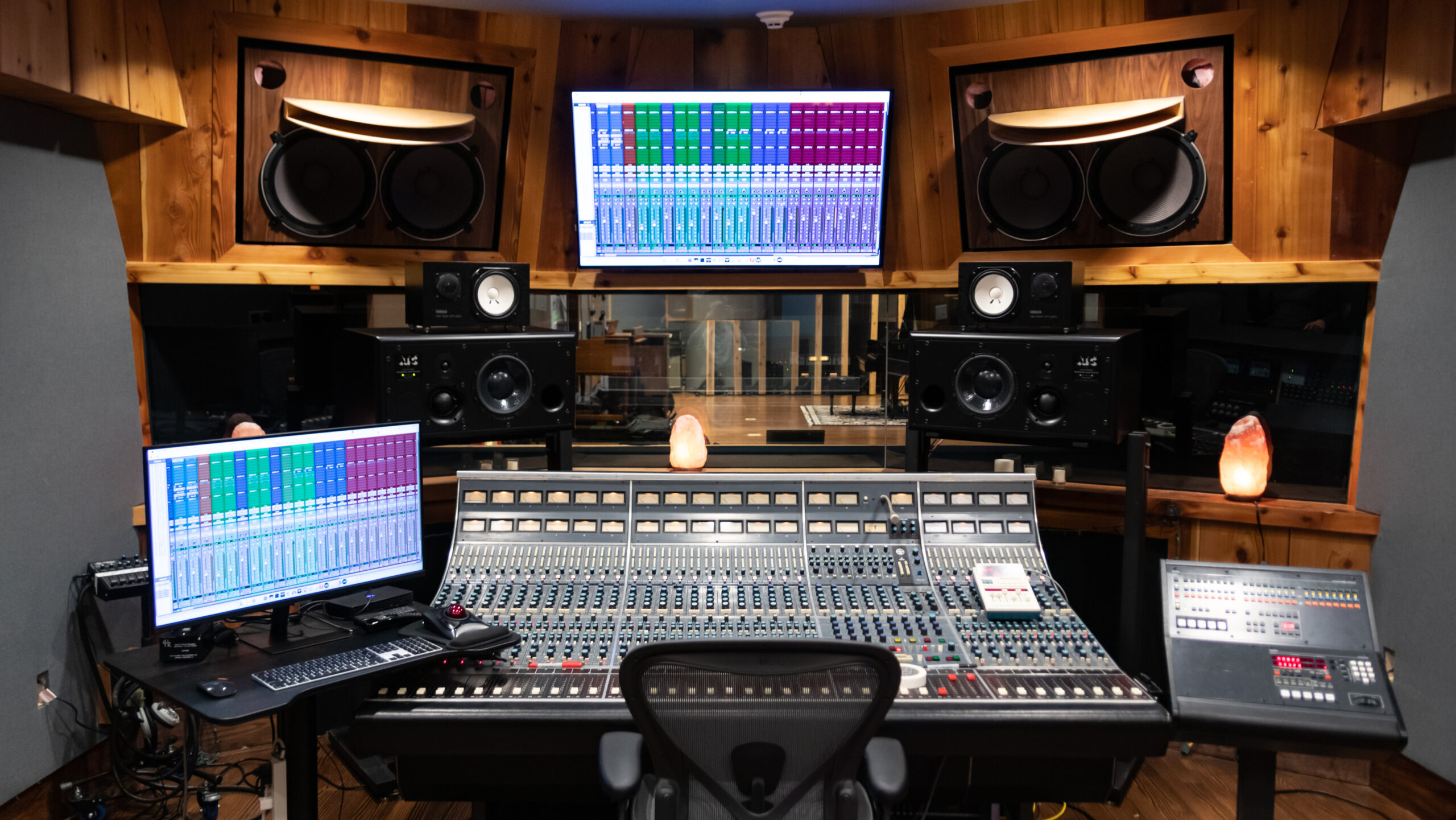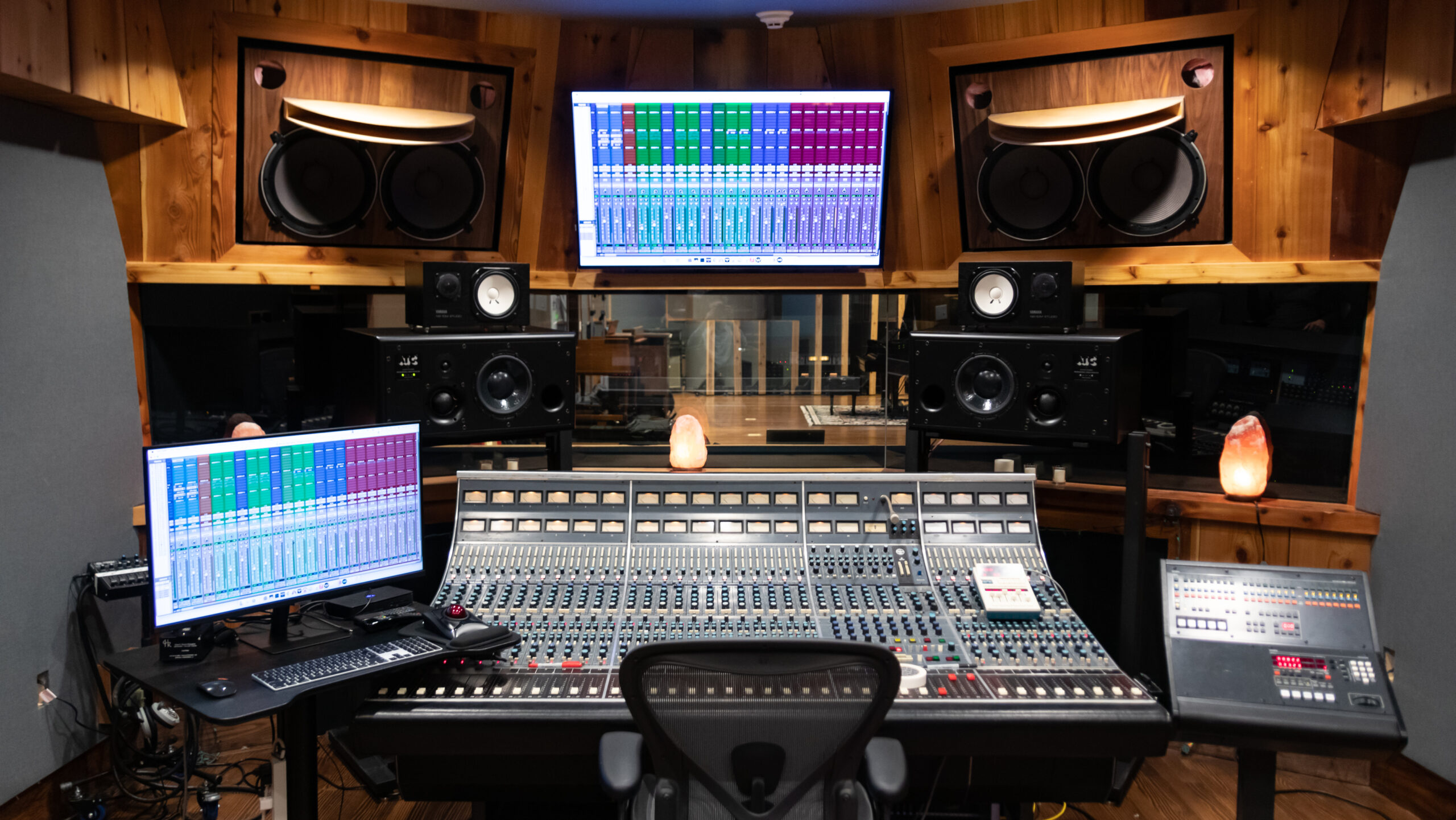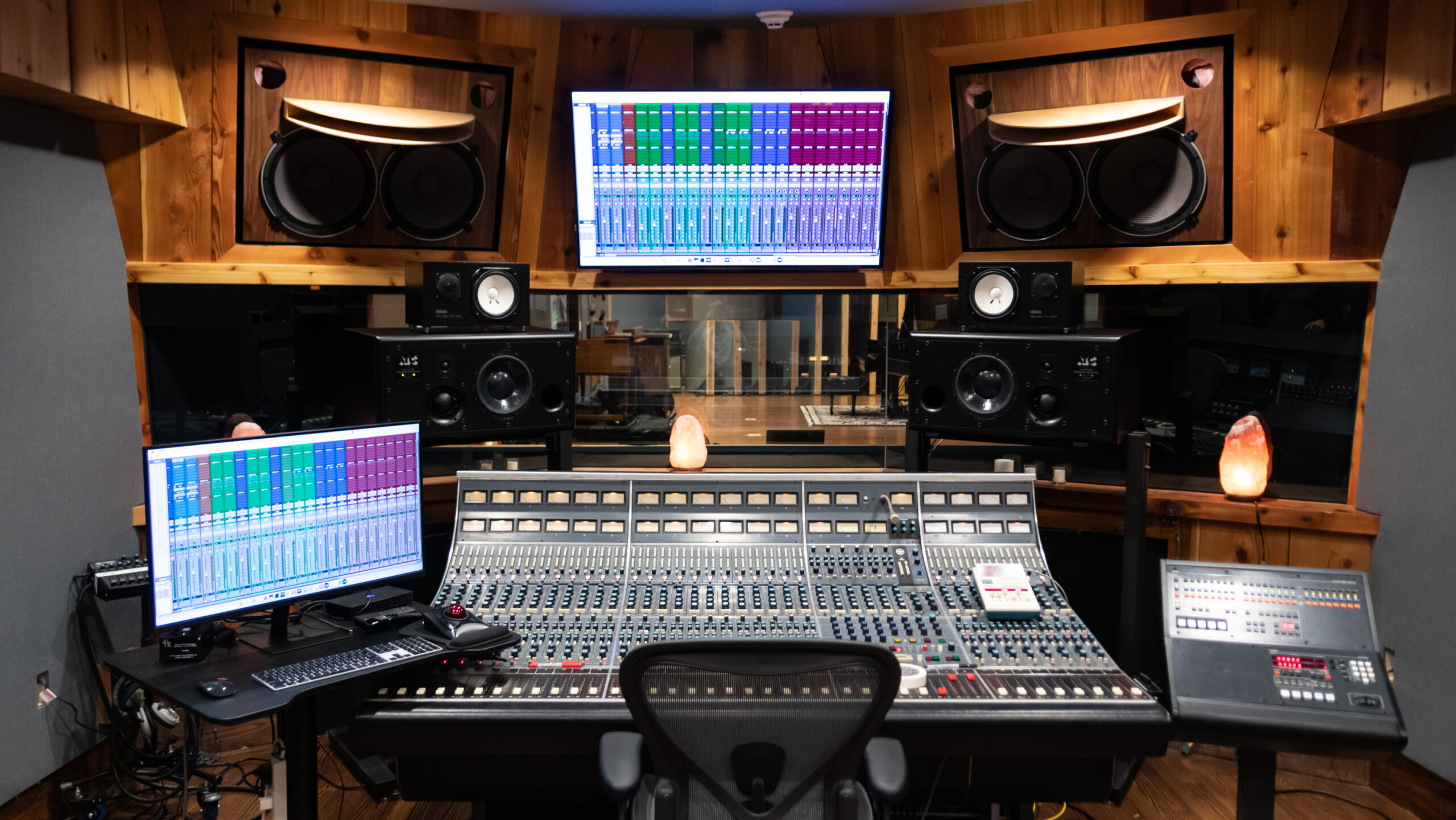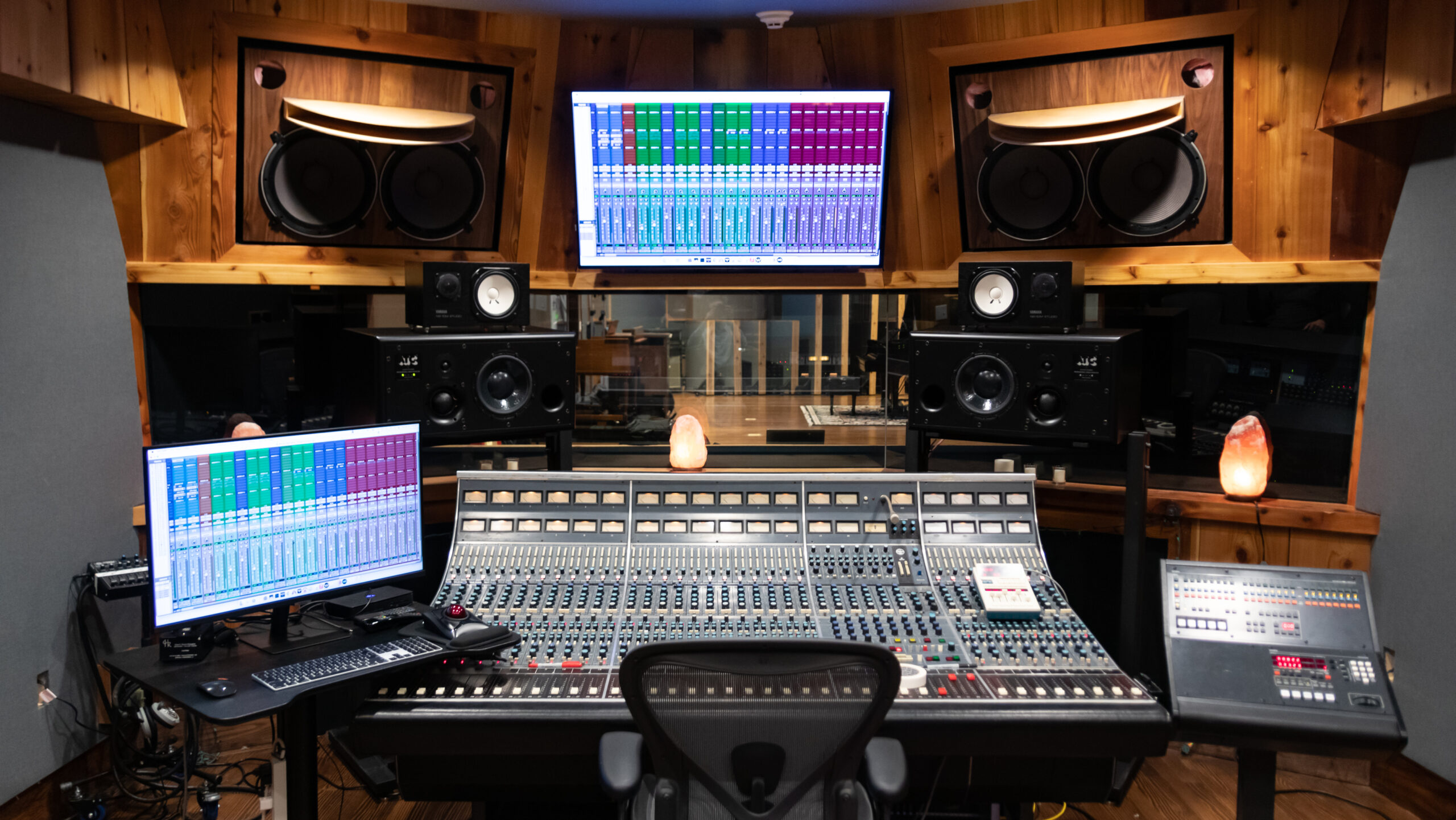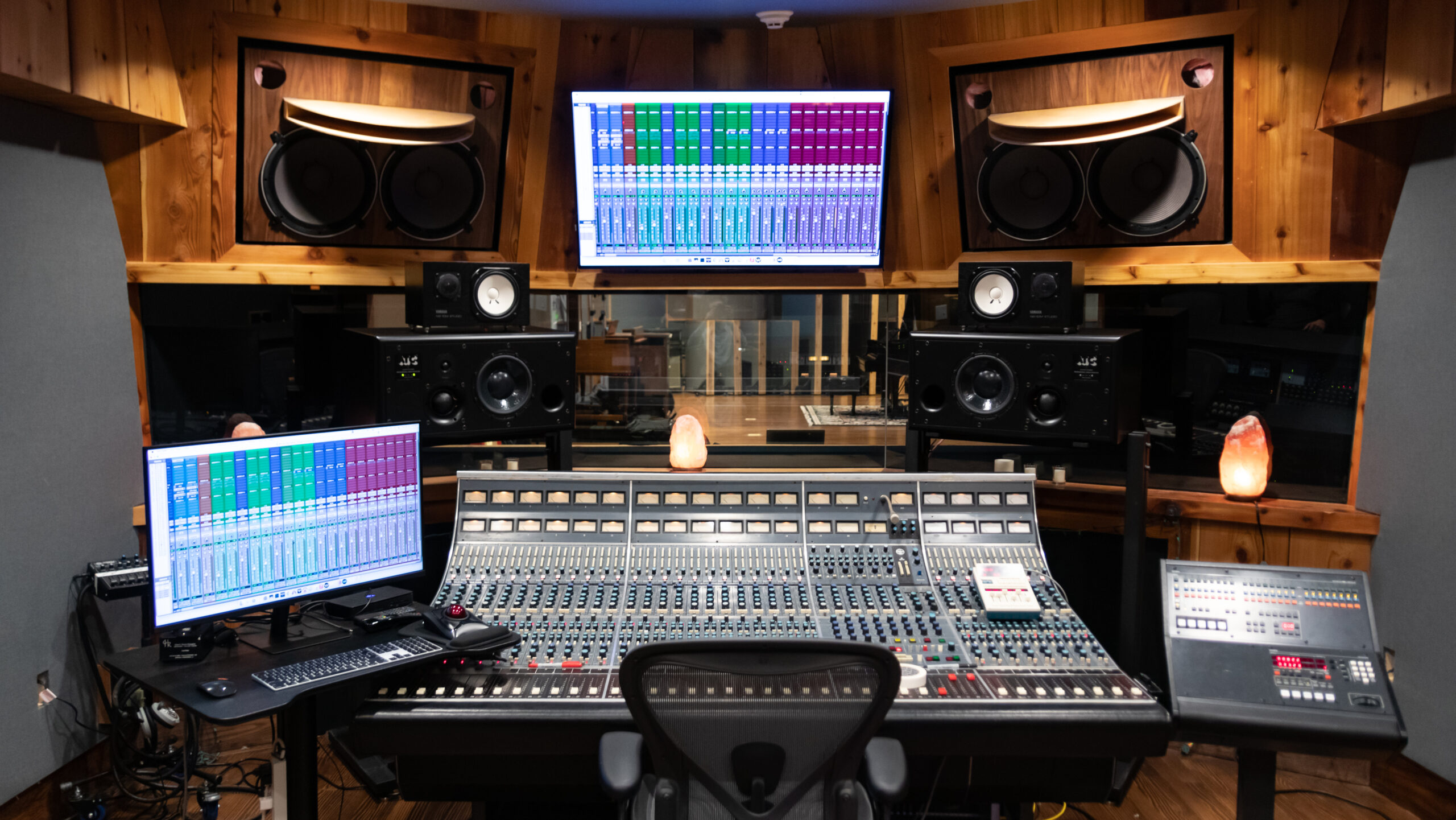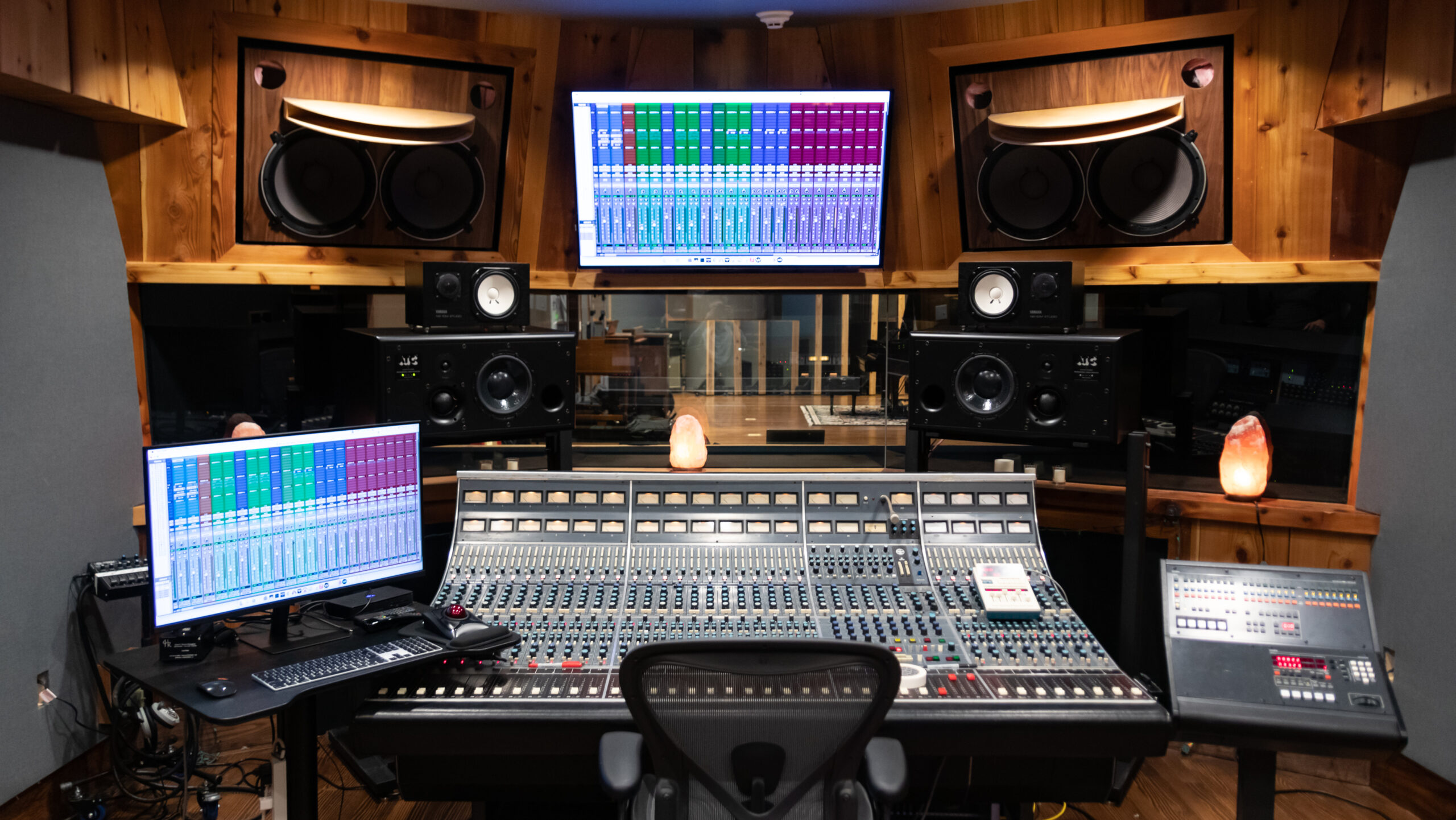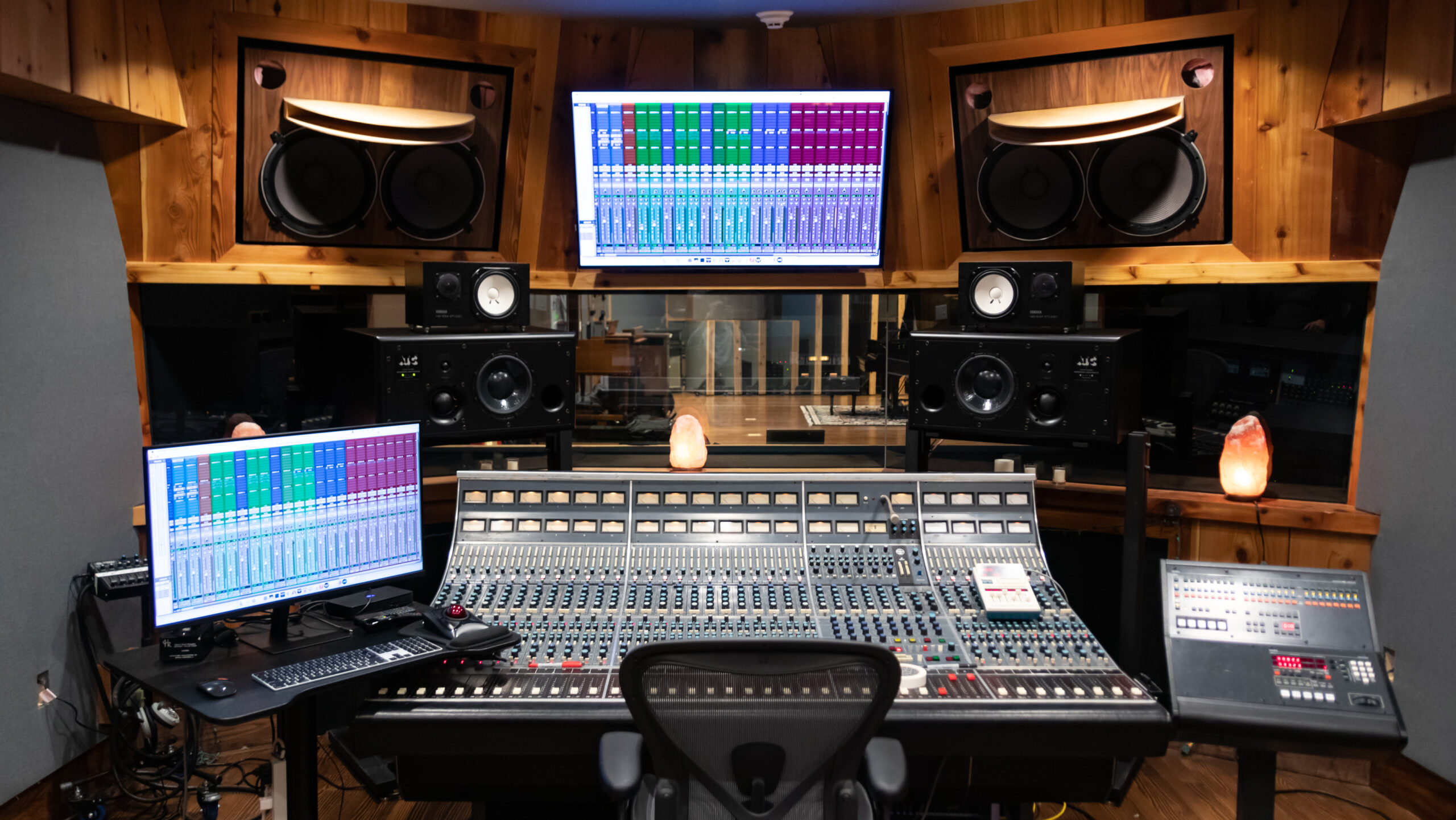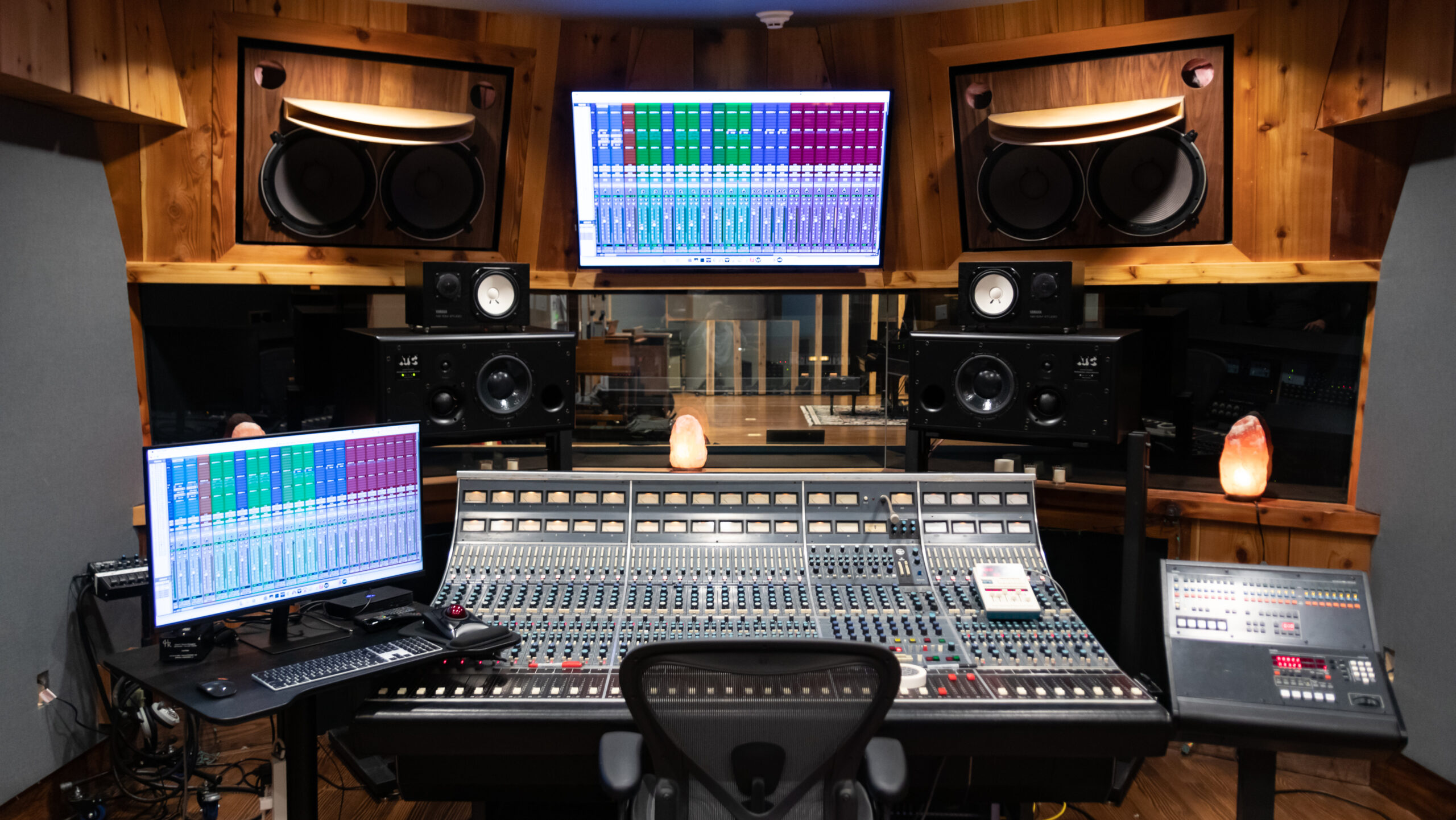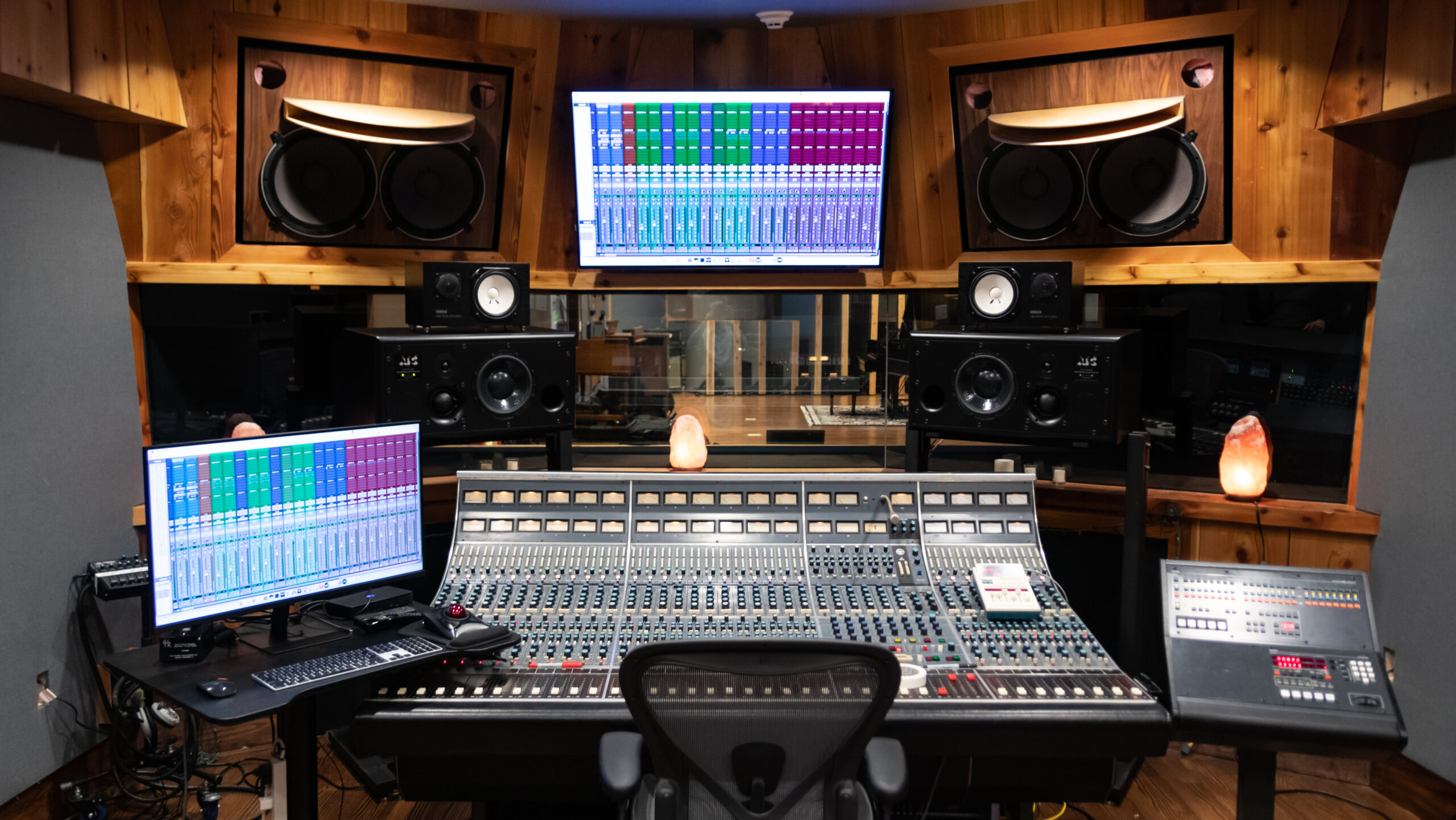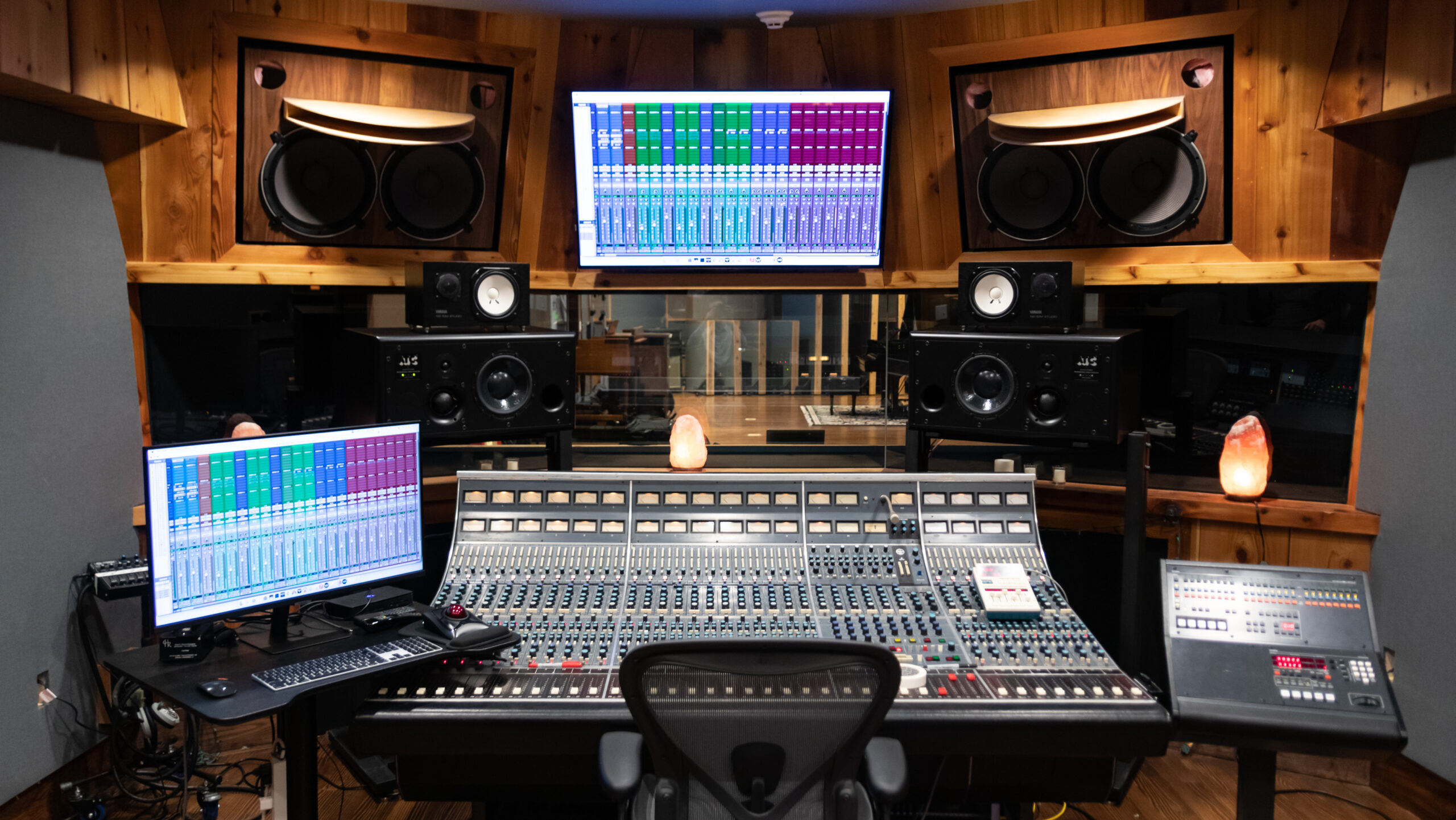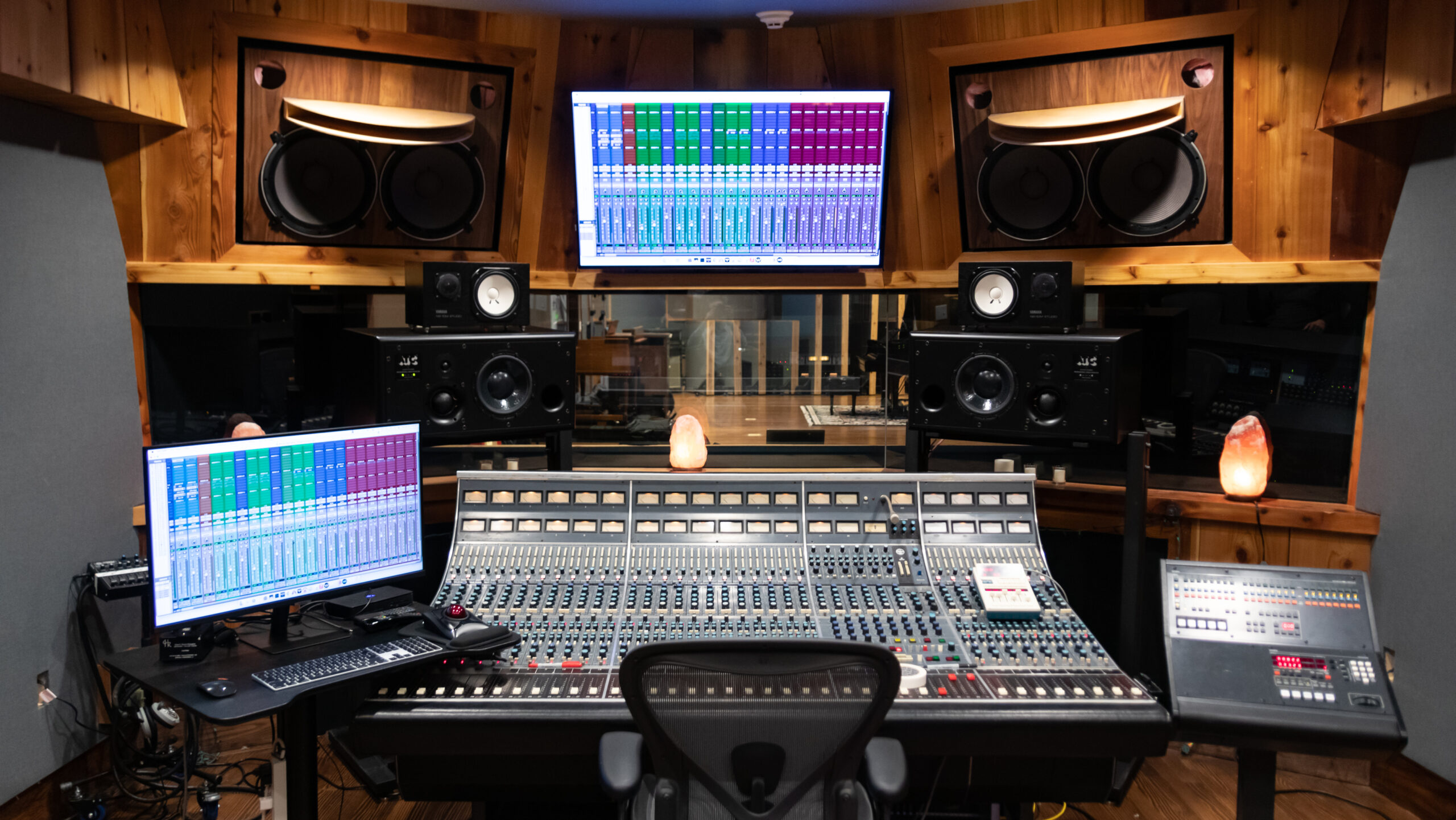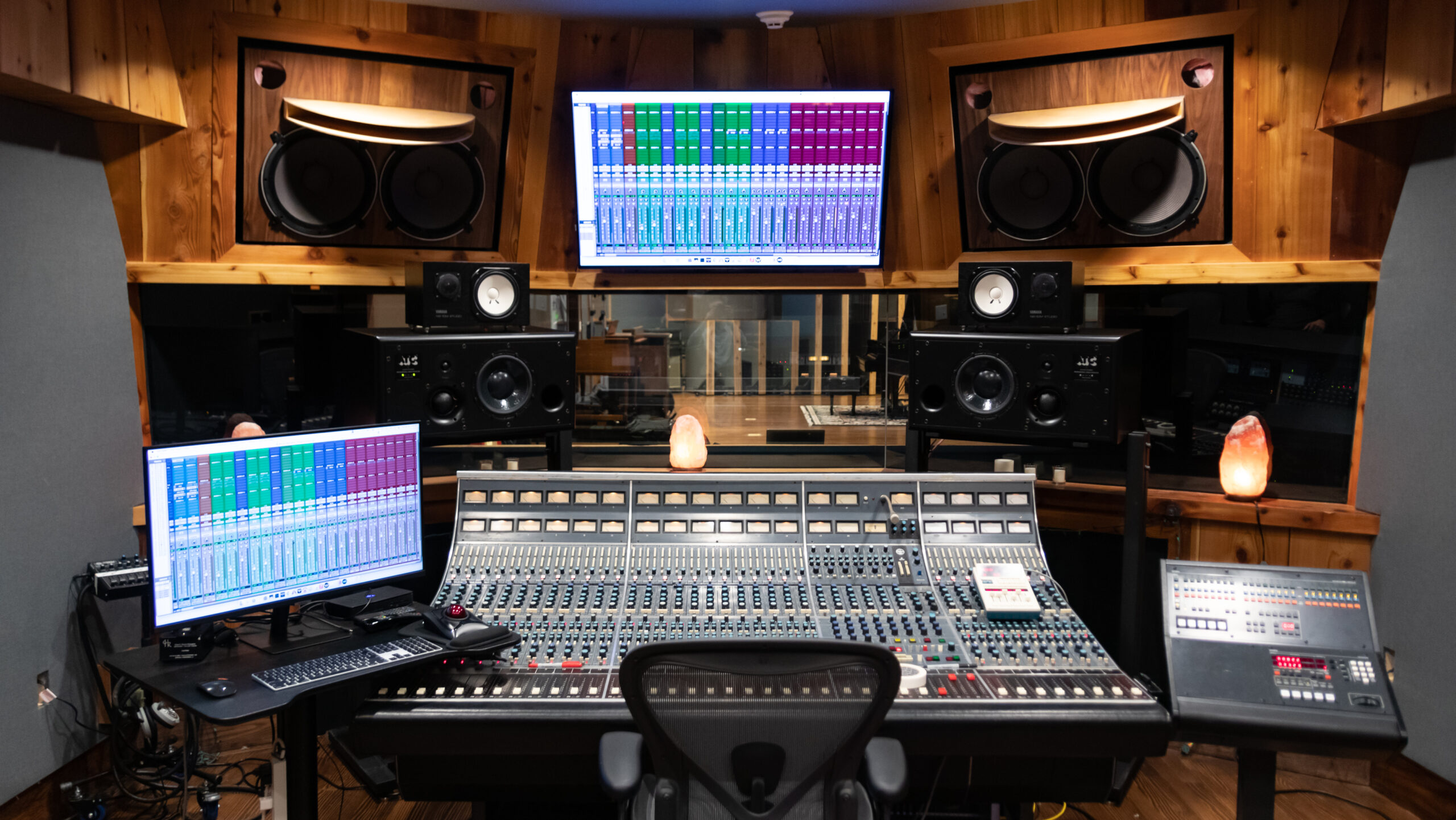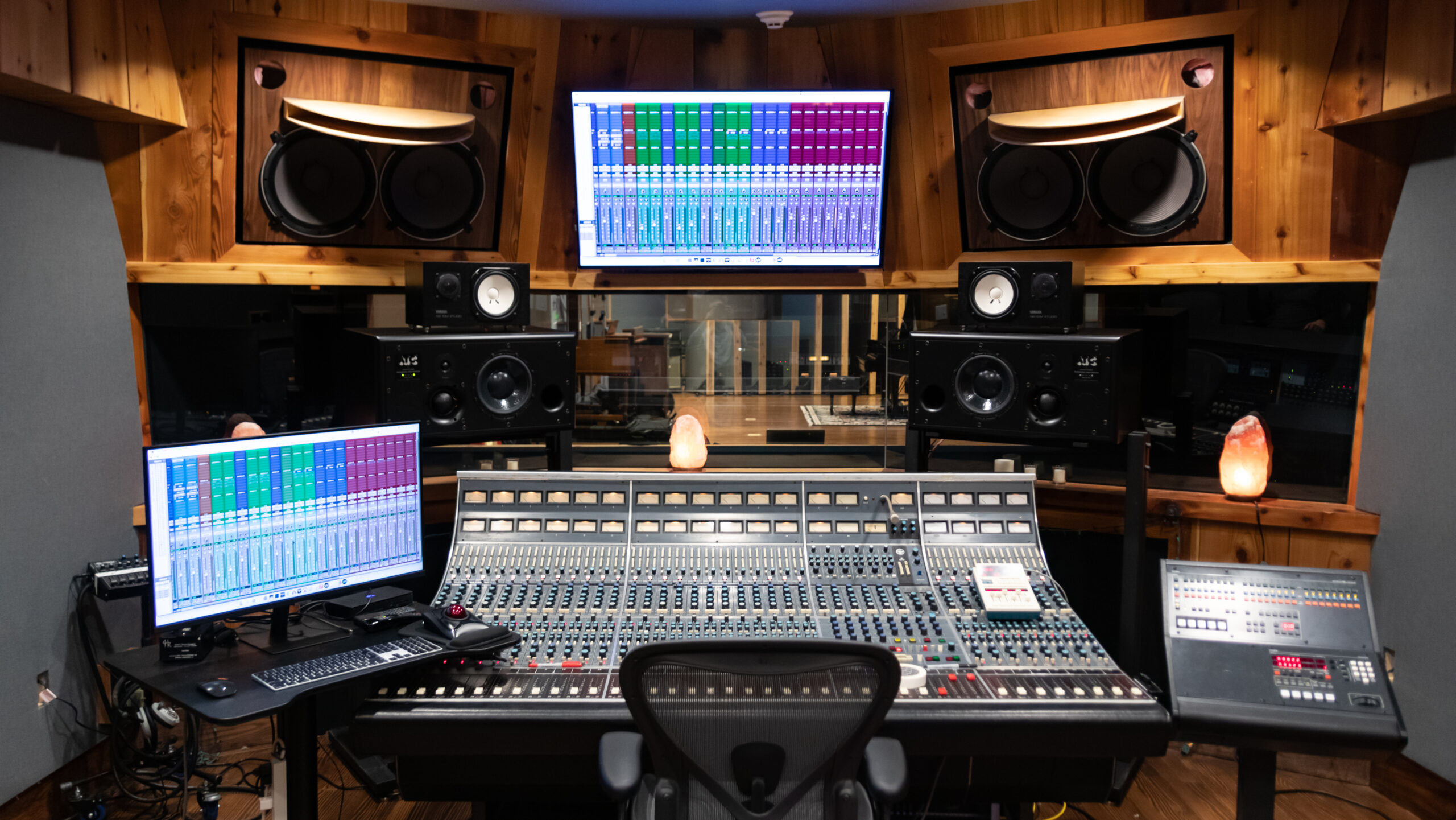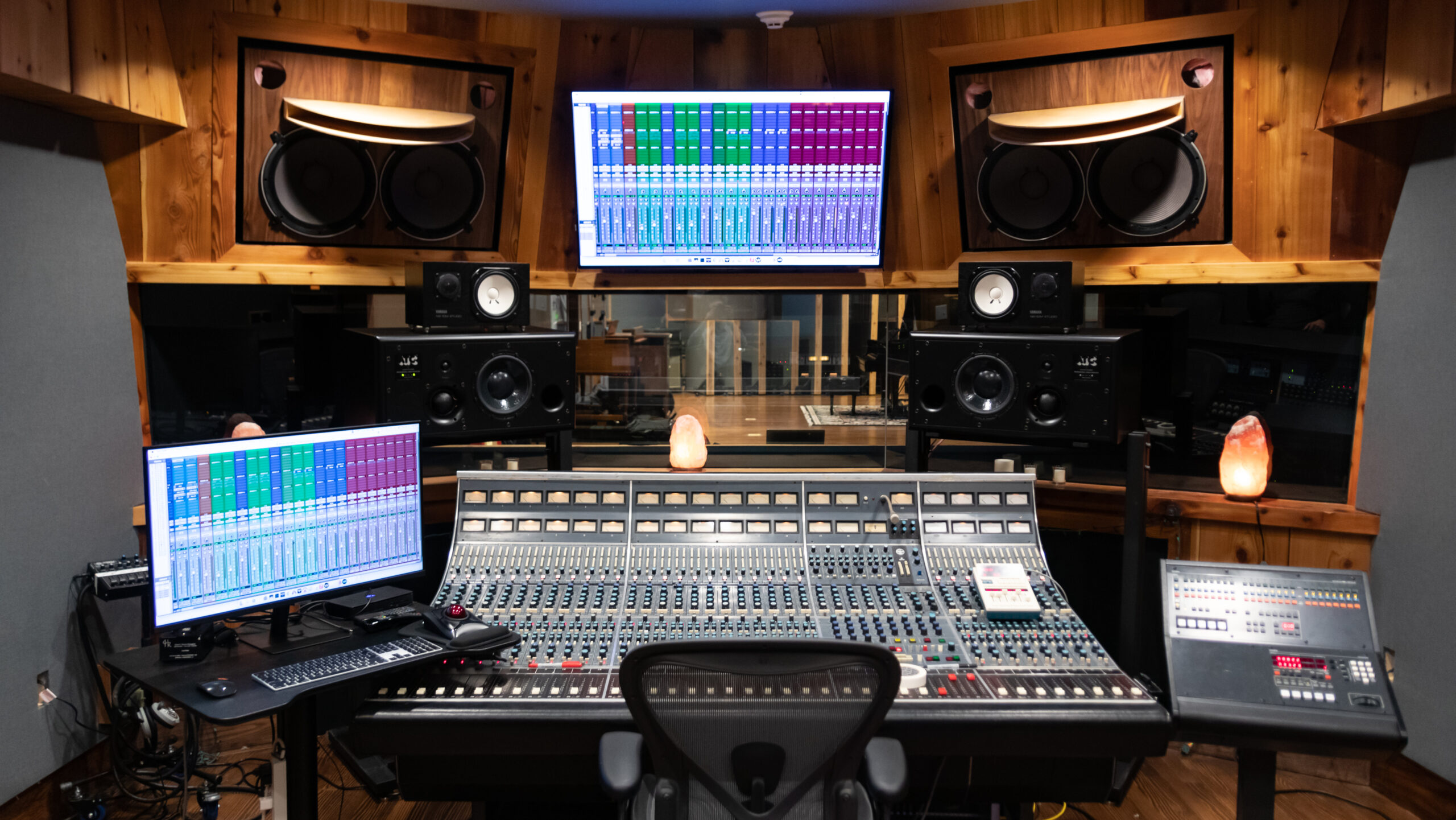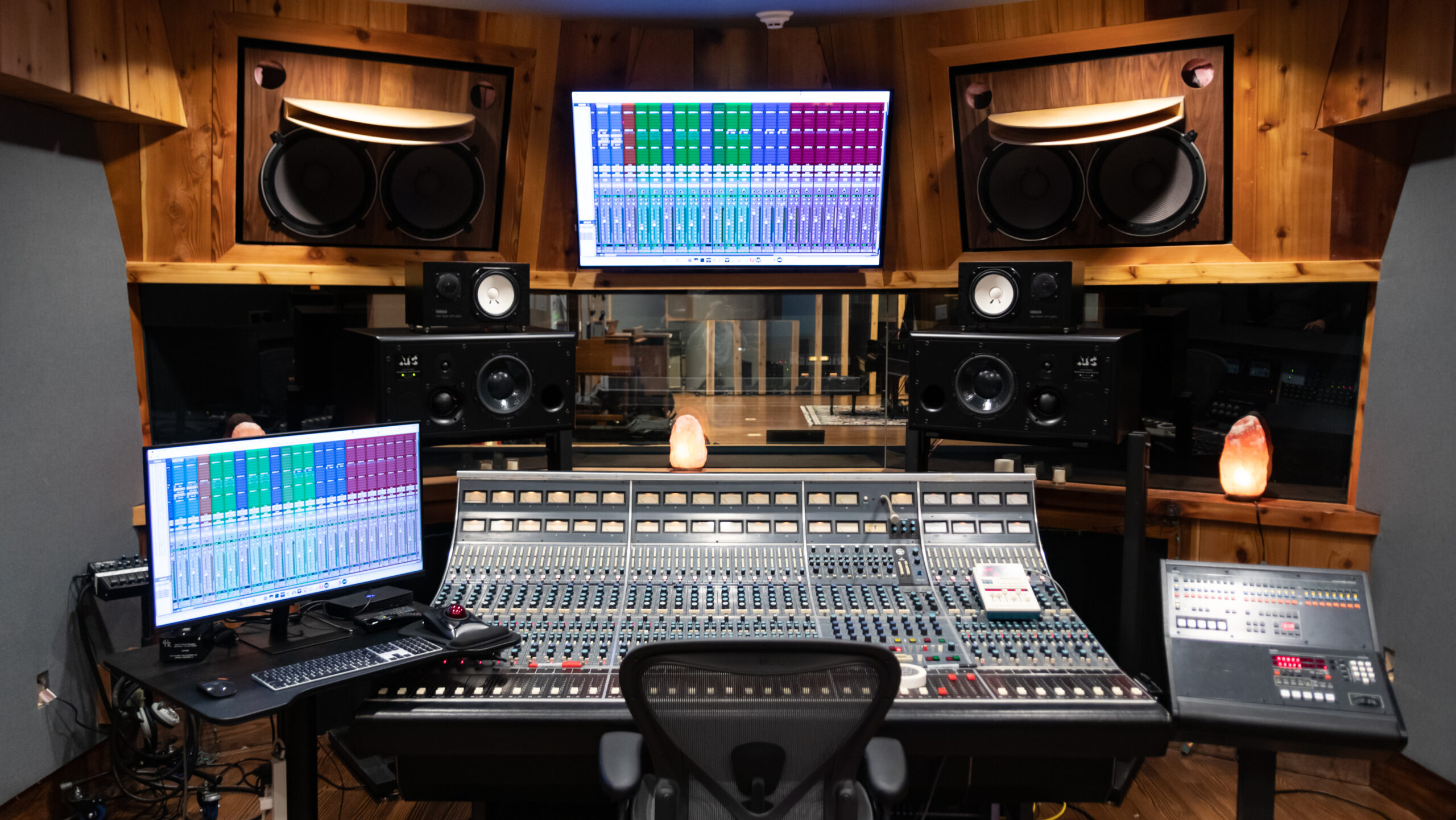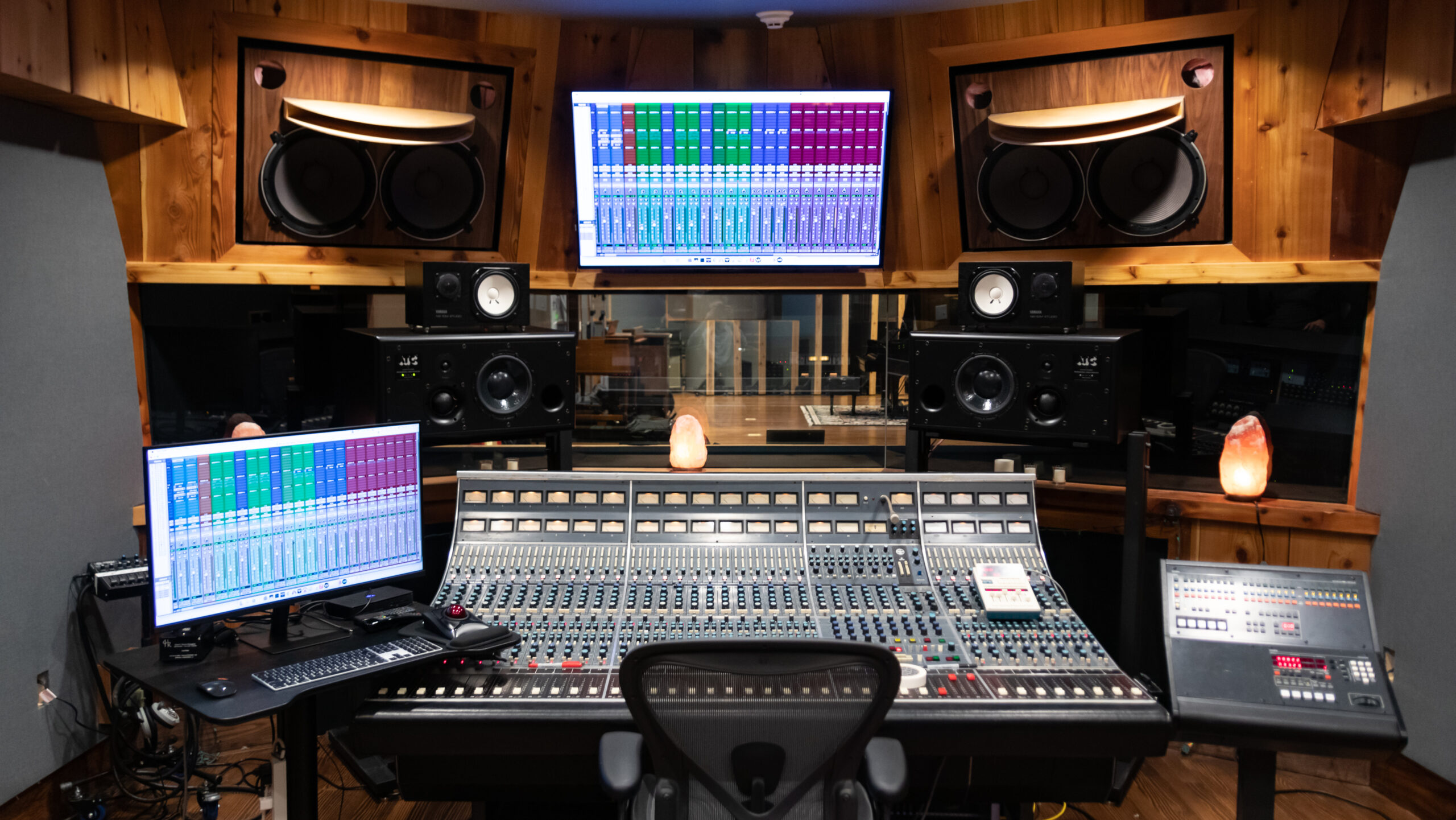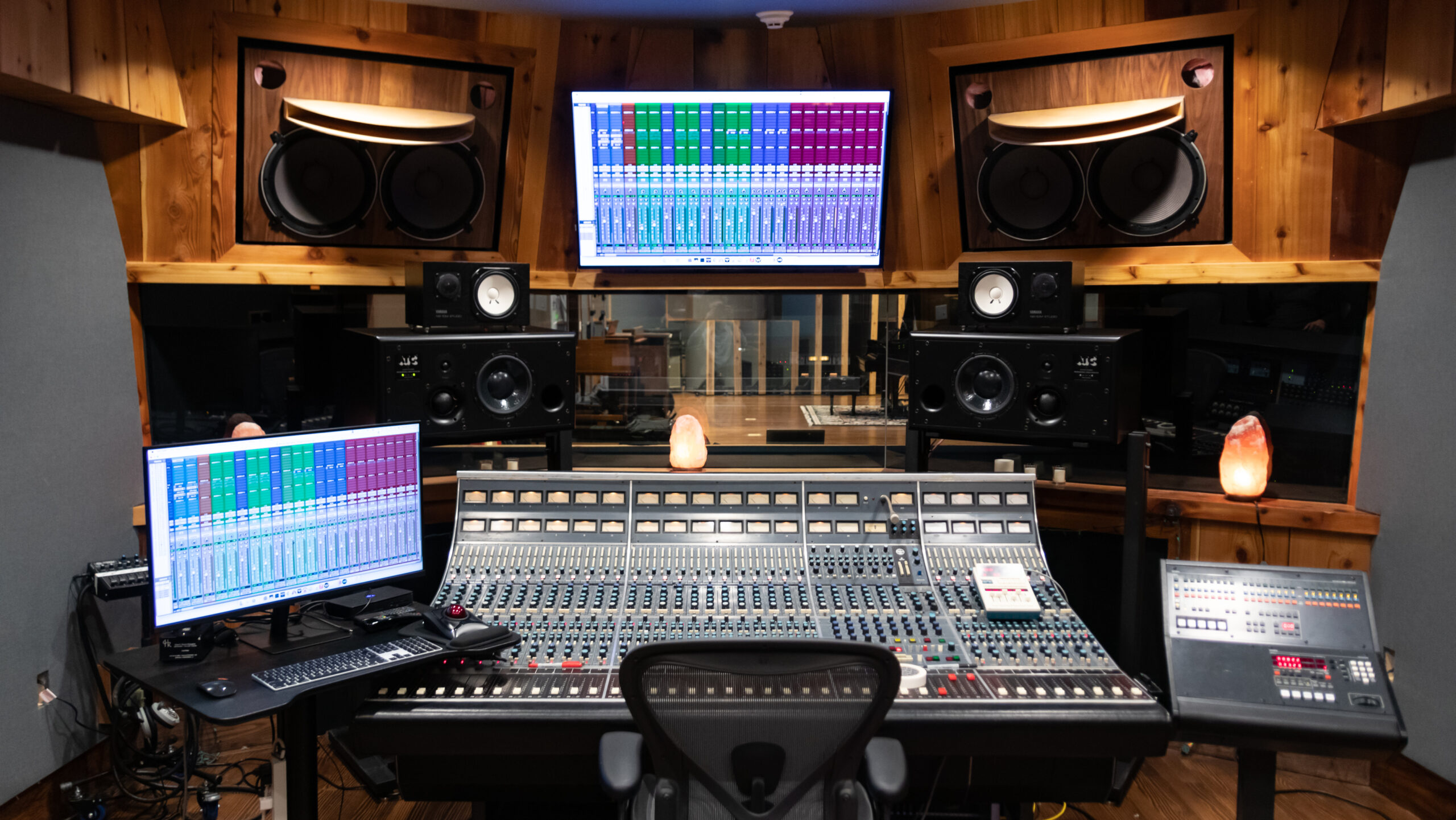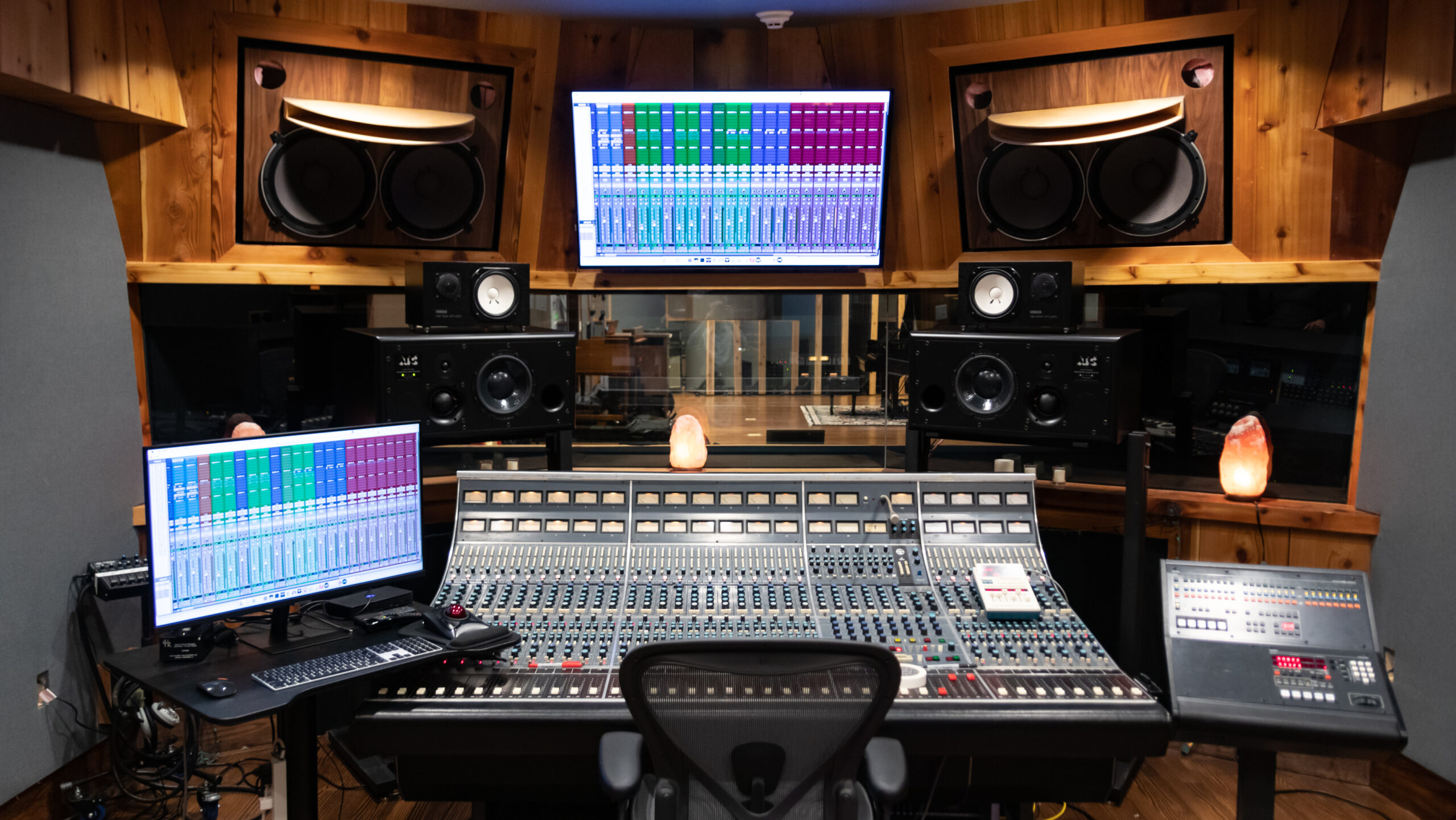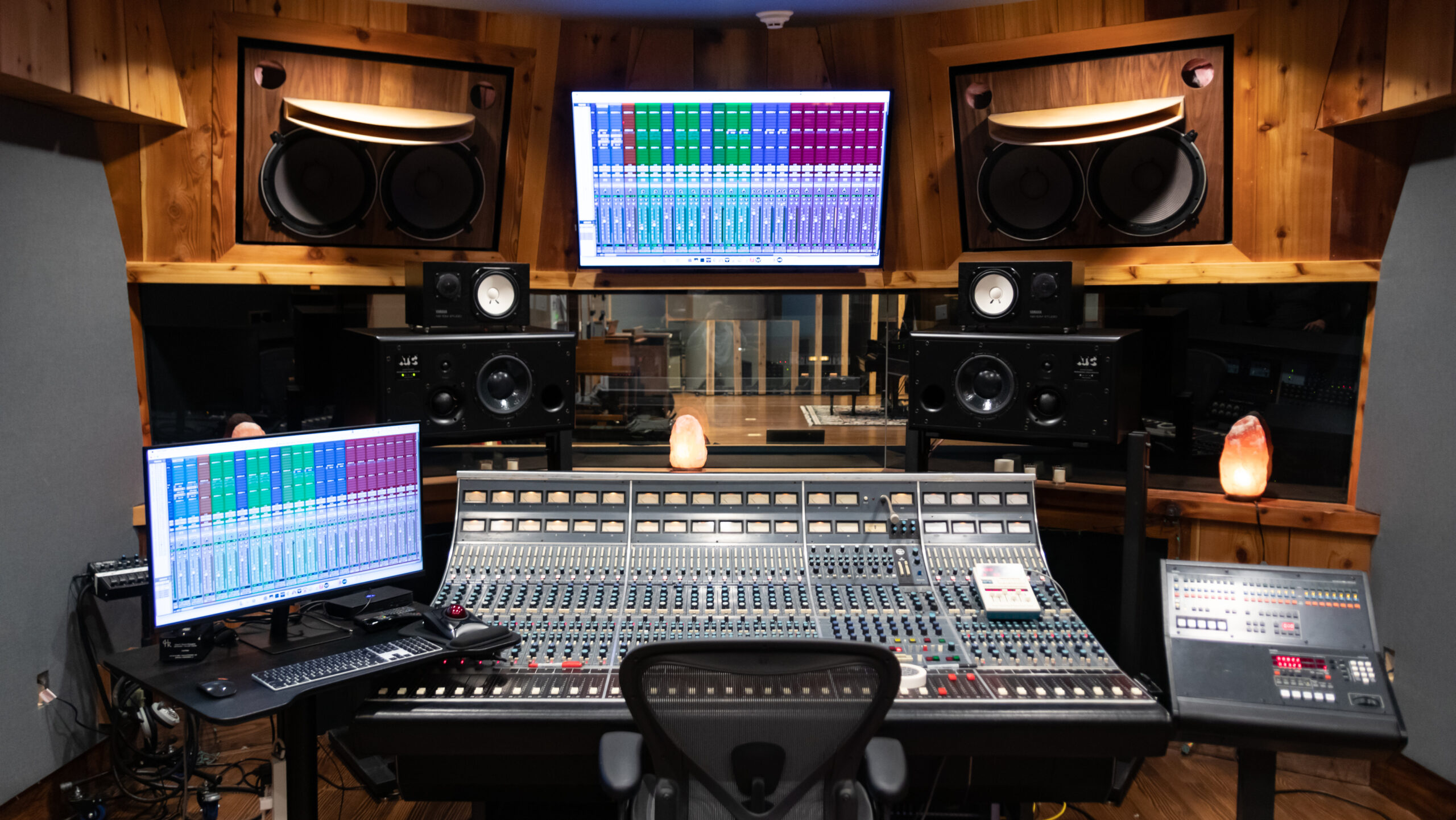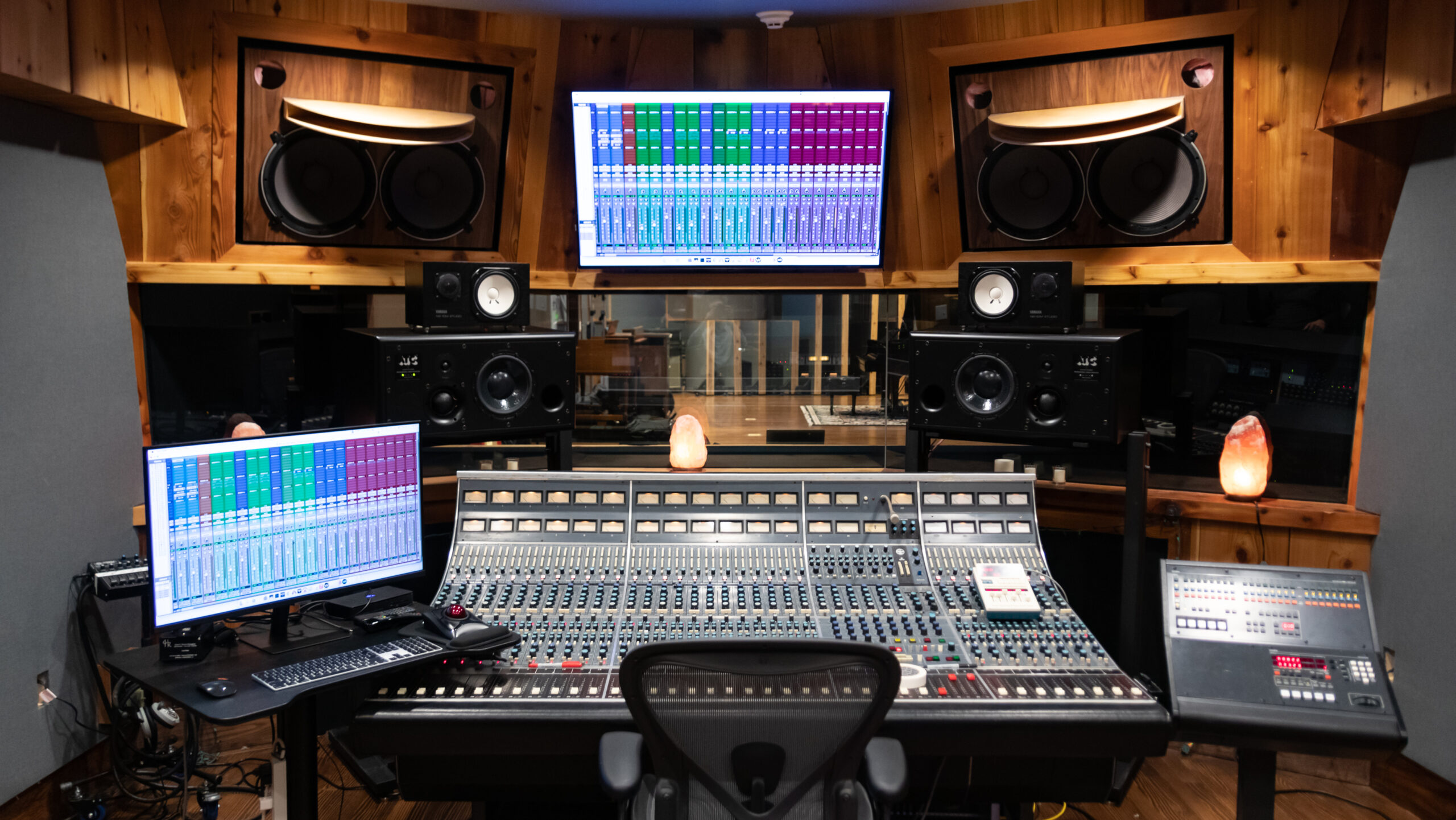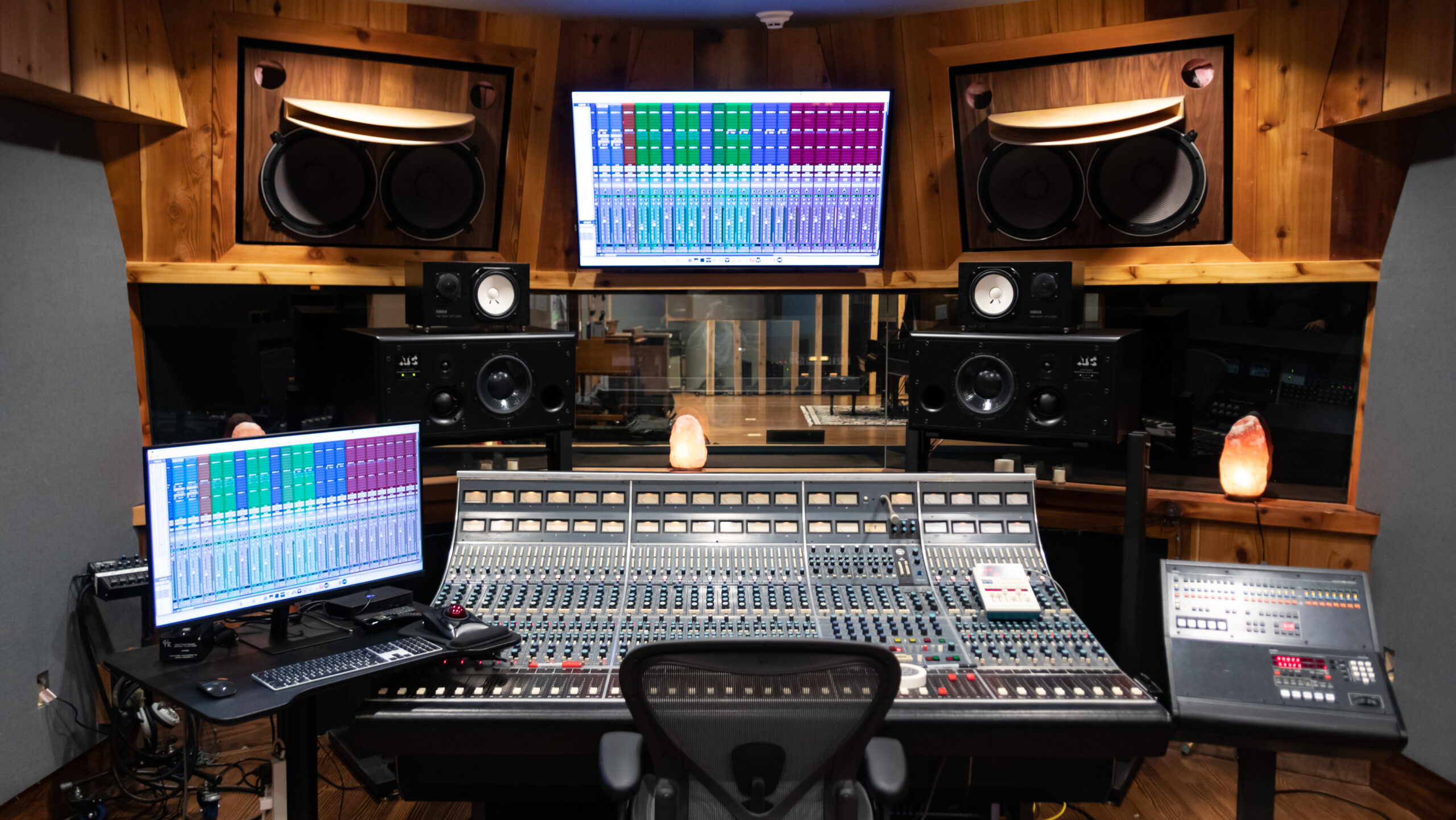The recording industry relies heavily on pristine…
Recording Studio Product Liability Insurance: Protecting Your Business from Equipment and Service Claims
Recording studios face unique liability risks that extend far beyond the typical business insurance coverage. While you focus on creating exceptional audio experiences, product liability insurance provides crucial protection against claims arising from the equipment you use, the services you provide, and the products you deliver to clients.
What is Product Liability Insurance for Recording Studios?
Product liability insurance for recording studios is specialized coverage that protects your business against claims alleging that your equipment, services, or final audio products have caused harm, damage, or financial loss to clients or third parties. This insurance is essential for studios that manufacture, distribute, sell, or provide audio equipment and services.
Unlike general public liability insurance that covers accidents on your premises, product liability insurance specifically addresses issues with the products and services your studio provides, including faulty equipment that damages client instruments, audio products that cause hearing damage, or defective recordings that result in financial losses.
Why Recording Studios Need Product Liability Insurance
Equipment-Related Risks
Recording studios utilize thousands of pounds worth of sophisticated equipment, from microphones and mixing consoles to amplifiers and monitoring systems. When this equipment malfunctions or is improperly maintained, it can cause significant damage to client instruments or even injury to musicians and engineers.
Consider a scenario where a faulty power amplifier sends a surge through a client's vintage guitar, permanently damaging the instrument. Without product liability insurance, your studio could face substantial compensation claims for the replacement value of irreplaceable equipment.
Audio Product Defects
The recordings, mixes, and masters you produce are products in their own right. If a defective audio product causes problems for your clients – such as distorted audio that ruins a commercial release or technical issues that delay a product launch – you could face significant financial claims.
Service-Related Liability
Recording studios provide specialized services that, if performed negligently or with faulty equipment, can result in liability claims. This includes everything from audio engineering services to equipment rental and technical consultation.
Third-Party Equipment Integration
Many studios work with equipment owned by clients or third-party rental companies. If your studio's equipment or services cause damage to this external equipment, product liability insurance provides essential protection against compensation claims.
Key Coverage Areas
Equipment Malfunction Protection
Product liability insurance covers claims arising from equipment failures that cause damage to client property or injury to individuals. This includes coverage for both studio-owned equipment and equipment under your care, custody, and control.
Defective Audio Products
Coverage extends to claims alleging that audio products produced by your studio contain defects that cause financial loss, reputational damage, or other harm to clients. This is particularly important for studios working on commercial releases or broadcast content.
Professional Service Liability
While distinct from professional indemnity insurance, product liability coverage can include protection against claims that your audio engineering services, when combined with faulty equipment, resulted in unsatisfactory or harmful outcomes.
Recall and Withdrawal Costs
If audio products produced by your studio need to be recalled or withdrawn from distribution due to defects, product liability insurance can cover the associated costs, including notification expenses and product replacement.
Industry-Specific Risks for Recording Studios
High-Value Client Equipment
Recording studios regularly work with musicians who bring expensive, often irreplaceable instruments and equipment. Vintage guitars, rare synthesizers, and custom-built instruments can be worth tens of thousands of pounds. Any damage caused by studio equipment creates significant liability exposure.
Hearing Damage Claims
The audio industry faces increasing awareness of hearing damage risks. If studio equipment produces unexpected loud sounds or feedback that causes hearing damage to clients or staff, product liability claims can result in substantial compensation awards and ongoing medical costs.
Digital Product Corruption
Modern recording studios produce digital audio files that can be corrupted by faulty equipment or software. If these corrupted files result in financial losses for clients – such as missed release deadlines or the need to re-record sessions – product liability insurance provides crucial protection.
Electrical Safety Risks
Recording studios use significant amounts of electrical equipment, often in configurations that push power systems to their limits. Electrical faults can cause fires, equipment damage, or personal injury, creating multiple liability exposures.
Coverage Limits and Considerations
Adequate Coverage Limits
Recording studios should carefully consider their coverage limits based on the value of equipment they regularly work with and the potential financial impact of their services. Many studios work with clients whose projects have budgets in the hundreds of thousands of pounds, making adequate coverage limits essential.
Per Claim vs Aggregate Limits
Understanding the difference between per-claim limits and aggregate annual limits is crucial. A single equipment failure could potentially affect multiple clients or projects, making per-claim limits particularly important for recording studios.
Geographic Coverage
Studios working with international clients or distributing audio products globally should ensure their product liability insurance provides appropriate geographic coverage for potential claims arising anywhere their products or services are used.
Exclusions and Limitations
Intentional Acts
Product liability insurance typically excludes coverage for intentional acts or deliberate damage. Studios must maintain proper equipment maintenance and safety protocols to ensure coverage remains valid.
Wear and Tear
Normal wear and tear of equipment is generally excluded from coverage. Studios need to distinguish between equipment failures due to defects and those resulting from normal aging or inadequate maintenance.
Cyber Liability Exclusions
Many product liability policies exclude cyber-related risks. Studios handling digital audio files and online distribution may need separate cyber liability insurance to address data breaches or digital product corruption.
Professional Indemnity Overlap
There can be overlap between product liability and professional indemnity coverage. Studios should work with experienced insurance brokers to ensure appropriate coverage without gaps or unnecessary duplication.
Cost Factors
Studio Size and Revenue
Larger studios with higher revenues typically face higher premiums due to increased exposure and higher coverage limits. However, the cost is generally proportional to the protection provided.
Equipment Value and Type
The total value and type of equipment used by the studio significantly impacts premium costs. Studios with extensive vintage or high-value equipment collections may face higher premiums but also have greater need for protection.
Claims History
Studios with previous product liability claims may face higher premiums. Maintaining good safety practices and equipment maintenance records can help keep costs manageable.
Risk Management Practices
Insurance providers often offer premium discounts for studios that demonstrate strong risk management practices, including regular equipment maintenance, safety training, and proper documentation procedures.
Risk Management Best Practices
Regular Equipment Maintenance
Implementing comprehensive equipment maintenance schedules reduces the likelihood of equipment failures that could lead to liability claims. Documented maintenance records also support insurance claims when needed.
Client Equipment Protocols
Establishing clear protocols for handling client equipment, including inspection procedures and damage reporting, helps protect both the studio and clients while supporting insurance coverage.
Safety Training
Regular safety training for all studio staff reduces the likelihood of accidents and demonstrates due diligence to insurance providers. This includes training on electrical safety, equipment operation, and emergency procedures.
Documentation and Contracts
Proper documentation of equipment condition, service delivery, and client interactions provides crucial evidence in the event of liability claims. Clear contracts that define responsibilities and limitations also help manage risk exposure.
Choosing the Right Coverage
Specialist Insurance Providers
Recording studios should work with insurance providers who understand the unique risks of the audio industry. Specialist providers can offer more appropriate coverage terms and better claims handling for industry-specific issues.
Coverage Integration
Product liability insurance should be integrated with other essential coverages including public liability, professional indemnity, and equipment insurance to ensure comprehensive protection without gaps.
Regular Policy Reviews
The recording industry evolves rapidly, with new technologies and business models creating new risks. Regular policy reviews ensure coverage remains appropriate as your studio's operations change.
Claims Support Services
Look for insurance providers that offer strong claims support services, including access to specialist legal advice and technical experts who understand recording studio operations.
Legal and Regulatory Considerations
Health and Safety Compliance
Recording studios must comply with health and safety regulations, particularly regarding noise levels and electrical safety. Non-compliance can void insurance coverage and increase liability exposure.
Consumer Protection Laws
Studios providing services to consumers must comply with consumer protection legislation. Product liability insurance helps protect against claims arising from alleged breaches of consumer rights.
Data Protection Requirements
Studios handling client data must comply with GDPR and other data protection regulations. While not directly covered by product liability insurance, compliance helps reduce overall risk exposure.
The Claims Process
Immediate Response
When a potential product liability claim arises, immediate response is crucial. This includes securing the scene, documenting evidence, and notifying your insurance provider as soon as possible.
Expert Investigation
Product liability claims often require technical investigation to determine the cause of equipment failure or service defects. Insurance providers typically coordinate with specialist investigators who understand recording studio operations.
Settlement Negotiations
Many product liability claims are resolved through negotiated settlements rather than court proceedings. Experienced insurance providers can help achieve fair settlements that protect your studio's reputation and financial interests.
Ongoing Support
Product liability claims can take months or years to resolve. Choose an insurance provider that offers ongoing support throughout the claims process, including regular updates and access to legal advice.
Future Considerations
Technology Evolution
As recording technology continues to evolve, new liability risks emerge. Digital audio workstations, cloud-based services, and AI-powered audio processing create new potential sources of product liability claims.
Industry Standards
Evolving industry standards for audio quality, safety, and professional practice affect liability exposures. Staying current with industry developments helps maintain appropriate insurance coverage.
Market Expansion
Studios expanding into new markets or service areas may face different liability exposures. Regular insurance reviews ensure coverage adapts to changing business operations.
Conclusion
Product liability insurance is essential protection for recording studios operating in today's complex audio industry. From equipment failures that damage valuable client instruments to defective audio products that cause financial losses, the potential for significant liability claims is substantial.
By understanding the specific risks facing recording studios and implementing appropriate product liability insurance coverage, studio owners can protect their businesses while focusing on what they do best – creating exceptional audio experiences for their clients.
The key to effective product liability protection lies in working with experienced insurance professionals who understand the unique challenges of the recording industry. With proper coverage in place, recording studios can operate with confidence, knowing they have protection against the unexpected risks that come with working in this dynamic and technically complex industry.
For recording studios seeking comprehensive product liability insurance coverage, professional advice from specialist insurance brokers ensures you get the right protection at the right price. Don't let product liability risks silence your business – protect your studio with appropriate insurance coverage today.


 0330 127 2333
0330 127 2333
